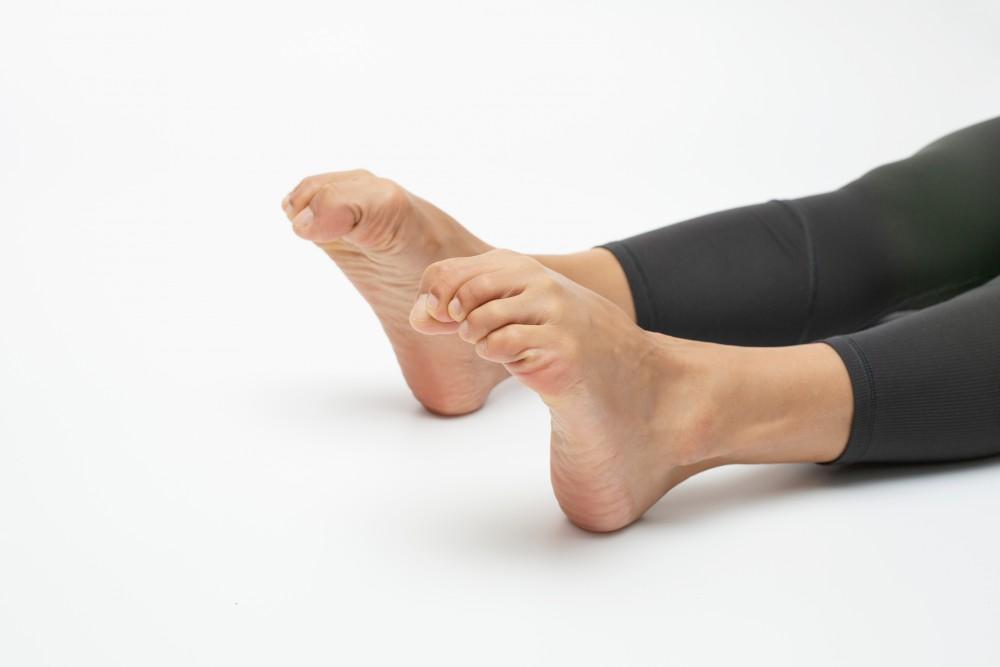
Can Plantar Fasciitis Resolve on Its Own?

When you develop heel pain, chances are good that the cause is plantar fasciitis. A thick band of tissue connecting the heel and toes, the plantar fascia is comparable to the string of an archer’s bow, working with the bones of the feet to create a strong, shock-absorbing base for walking and running.
Tiny tears can form in the plantar fascia, resulting from stress and tension on the tissue and, in turn, causing inflammation and pain, which is often sharp and stabbing. Plantar fasciitis may start without an obvious cause or injury.
Plantar fasciitis can resolve independently, but recovery can take a long time, more than a year in some cases since it’s difficult to give your feet complete rest. Rather than waiting for the pain to resolve, visit us at Bahri Orthopedics & Sports Medicine Clinic for the medical treatment that can speed your healing. We’re foot and ankle pain specialists, ready to help you get back on your feet.
A mysterious pain
There’s often no known reason for cases of plantar fasciitis. At best, we know that some risk factors may contribute or combine to cause heel pain, though not everyone with these risk factors ends up with an issue.
Common factors that may contribute to plantar fasciitis include:
- Jobs with lots of standing, such as teaching, factory work, or restaurant serving
- Sports and exercise: distance running and ballet are two examples
- Getting older: plantar fasciitis often starts after the age of 40
- Foot irregularities like high arches, low arches, or an unusual gait
- Extra pounds: more weight means more strain on the plantar fascia
These factors can likely add up with no single risk being a cause.
Can plantar fasciitis resolve on its own?
Your heel pain will likely fade with time and a minimum of care. However, that probably won’t be a quick solution. Heel pain from plantar fasciitis can cause you to change how you walk to compensate for the discomfort, leading to joint problems in the ankles, knees, and hips.
Long-term, chronic pain can also take a toll on your mood and overall well-being. Resting at every opportunity could lead to a sedentary lifestyle and weight gain, potentially adding to your plantar fasciitis burden.
Treatment options for plantar fasciitis
Basic home care can bring you some relief. Over-the-counter nonsteroidal anti-inflammatory drugs can help with pain and inflammation, but don’t take these for more than ten consecutive days without a doctor’s approval. Even nonprescription medications can have adverse effects on your health.
Other home care treatments include:
- Avoiding activities that aggravate or cause heel pain
- Icing your foot twice daily for 15 minutes
- Supportive shoes with arch support
- Over-the-counter orthotics for additional arch support and cushioning
- Massage and physical therapy
After a Bahri Orthopedics & Sports Medicine diagnosis, we may recommend immobilizing your foot with a walking boot. This restricts additional strain on the plantar fascia, relieving pressure on the healing tissue.
Other treatment techniques could include corticosteroid injections, platelet-rich plasma injections, shockwave therapy, and physical therapy. In extreme cases, there are surgical options, too.
It all starts with an examination. Call or click to schedule an appointment with the nearest of our two Jacksonville offices today.
You Might Also Enjoy...


Fracture Care: Nonsurgical Options vs. Surgery

Am I a Good Candidate For Shoulder Replacement?

Staying Active With Knee Osteoarthritis: Our Top Tips

Struggling with Ankle Instability? Here's How to Avoid Future Sprains


